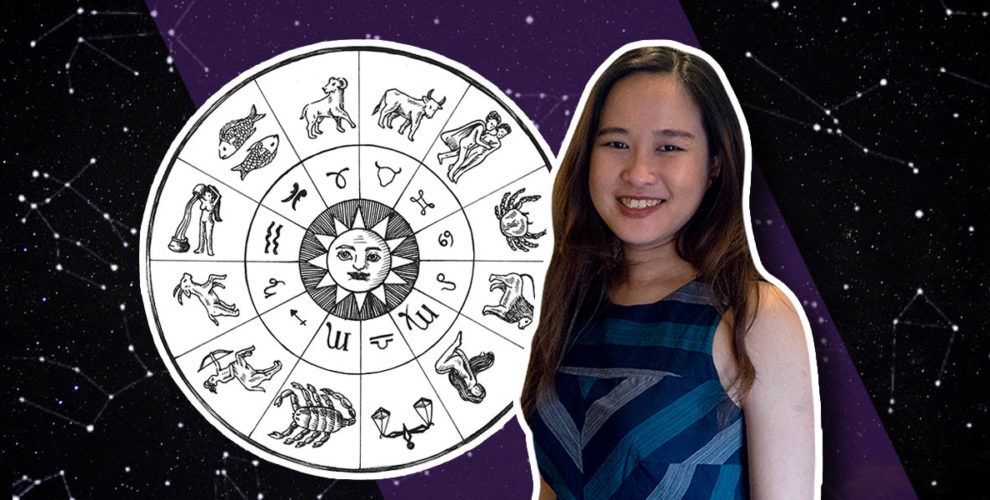Astrology has intrigued humans for millennia, serving as a tool for understanding ourselves and the cosmos. Despite its widespread popularity, astrology is surrounded by numerous misconceptions. In this article, we’ll debunk some of the most common myths about astrology, helping you understand what it is and what it isn’t.
Misconception 1: Astrology is a Science
Many people believe astrology is a science, but it’s actually classified as a pseudoscience. Unlike sciences such as physics or chemistry, astrology lacks empirical evidence and cannot be tested through experimentation. While it involves mathematical calculations and astronomical observations, its foundations rest on symbolic interpretations rather than scientific facts.

Misconception 2: Astrology Can Predict the Future
Astrology is often mistaken for a tool that can predict future events with pinpoint accuracy. In reality, astrology provides insights and potential trends rather than specific predictions. Think of it like a weather forecast—it can suggest possible conditions but can’t guarantee outcomes. Astrologers use charts to guide and advise rather than predict definitive futures.
Misconception 3: Astrology is Based on the Stars Alone
Many assume astrology focuses solely on the stars, but it’s much more complex. An astrological chart includes planets, houses, and aspects, each playing a critical role. The positions and interactions of these celestial bodies create a detailed map, influencing various aspects of life. This intricate system goes beyond just star positions, adding layers of depth and meaning.
Misconception 4: All Horoscopes Are the Same
Generalized sun sign horoscopes in newspapers and magazines contribute to the belief that all horoscopes are the same. However, personalized astrological readings consider your exact birth date, time, and location, offering a unique and detailed chart. This specificity makes personal horoscopes far more nuanced than the broad predictions seen in daily horoscopes.
Misconception 5: Astrology Only Involves Your Sun Sign
While the sun sign is significant, it’s just one piece of the puzzle. Your moon sign, rising sign (ascendant), and positions of other planets also play vital roles in shaping your personality and experiences. For instance, your moon sign reflects your emotional nature, while your rising sign influences how others perceive you.
Misconception 6: Astrology is a Modern Fad
Astrology might seem trendy, but it has ancient roots. Cultures such as the Babylonians, Greeks, and Egyptians practiced forms of astrology thousands of years ago. These historical foundations underscore astrology’s enduring appeal and its role in human history.
Misconception 7: Astrology and Astronomy Are the Same
Astrology and astronomy both study celestial bodies, but their purposes diverge significantly. Astronomy is a science focused on understanding the physical universe. In contrast, astrology interprets the movements of celestial bodies to gain insights into human affairs. While astronomy contributes data, astrology uses that data for symbolic meaning.
Misconception 8: Astrology Can Solve All Your Problems
Astrology is a valuable tool for gaining insight and self-awareness, but it’s not a cure-all. Relying solely on astrological advice can lead to unrealistic expectations. Personal responsibility and proactive decision-making are crucial, with astrology serving as a guide rather than a solution.
Misconception 9: Only Believers Can Benefit from Astrology
Even skeptics can find value in astrology. It can foster self-reflection, encourage introspection, and offer new perspectives. Whether you believe in its predictive power or not, astrology’s archetypal language can help you understand yourself better and explore different aspects of your personality.
Misconception 10: Astrology Is Inherently Harmful
Critics often argue that astrology can be harmful, promoting dependency or misleading individuals. While misuse exists, responsible engagement with astrology can be empowering. It’s essential to approach astrology with a balanced mindset, using it as one of many tools for self-exploration.

Misconception 11: Astrologers Are Psychics
Astrologers and psychics are often conflated, but they practice different disciplines. Astrologers analyze charts based on celestial positions and provide interpretations grounded in tradition and symbolism. Psychics claim to use extrasensory perception to provide insights. While both offer guidance, their methods and foundations differ significantly.
Misconception 12: Astrology Is Religion
Astrology often intertwines with spirituality, but it is not a religion. It lacks doctrines, deities, and worship practices typical of religions. However, it can complement spiritual beliefs, providing a framework for understanding the universe’s influence on human life.
Misconception 13: Astrology is Always Accurate
Astrology’s insights are probabilistic, not deterministic. It offers potential trends and influences rather than certainties. Human interpretation plays a significant role, meaning that personal biases and experiences can shape astrological readings. Thus, accuracy can vary based on the astrologer’s skill and the individual’s openness.
Conclusion
Astrology, with its rich history and complex system, is often misunderstood. By debunking these misconceptions, we can appreciate astrology for what it truly is—a tool for self-discovery and reflection. Whether you’re a believer or a skeptic, approaching astrology with an open mind can reveal new perspectives on yourself and your place in the cosmos.






